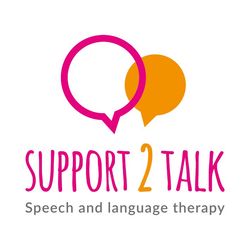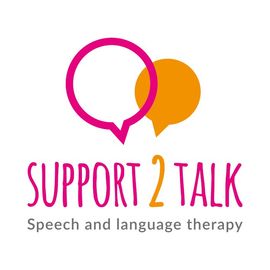Speech and Language Therapy
Speech, language and communication skills are important in helping a child to connect with others and learn about the world around them.
At Support 2 Talk the focus is on supporting children to communicate to the best of their ability.
Find out more about us
It's more common than you think
One in every ten children has a speech, language or communication difficulty. On average 2 children out of every class of 30 will have a speech and language impairment as their primary area of need. It's the most common childhood disability, but it's also often described as the most 'invisible' one. Young children with speech and language difficulties are at increased risk of having problems with literacy and learning. It can also impact on social relationships and self esteem.
Identifying speech, language and communication needs (SLCN) can be challenging, but getting the right level of support as early as possible can make a difference. Knowing what to expect at different stages of your child's development can help parents and carers in deciding whether they should seek further advice from a speech and language therapist.
Speech, Language and Communication Needs (SLCN)
Social Communication and Interaction
Understanding what others say (Receptive Language)
Using words and sentences (Expressive Language)
Sayingwords and putting words together to make sentences enables us to communicate our thoughts and ideas with others. Some children find it difficult to find the right words and may struggle to put words together correctly in order to make their needs known to others.
Saying the right sounds in words (Speech Sounds)
We can advise on how to support the development of speech sounds.
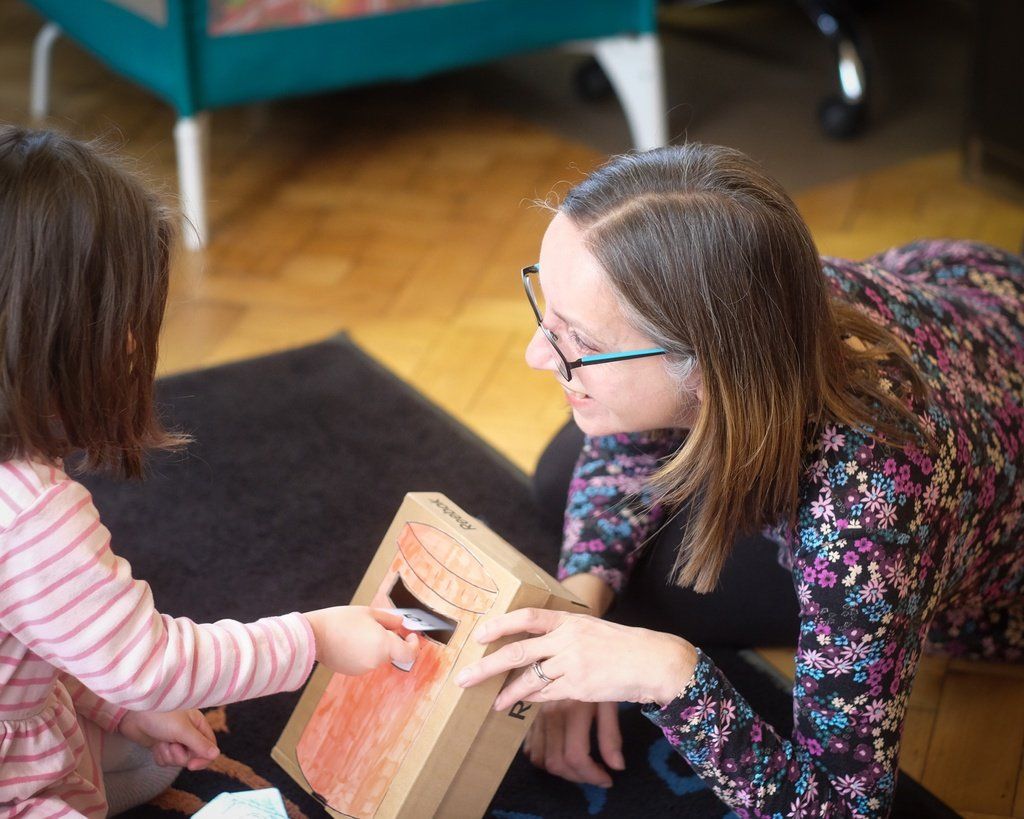
Support 2 Talk
An independent provider of speech and language therapy services
Find out more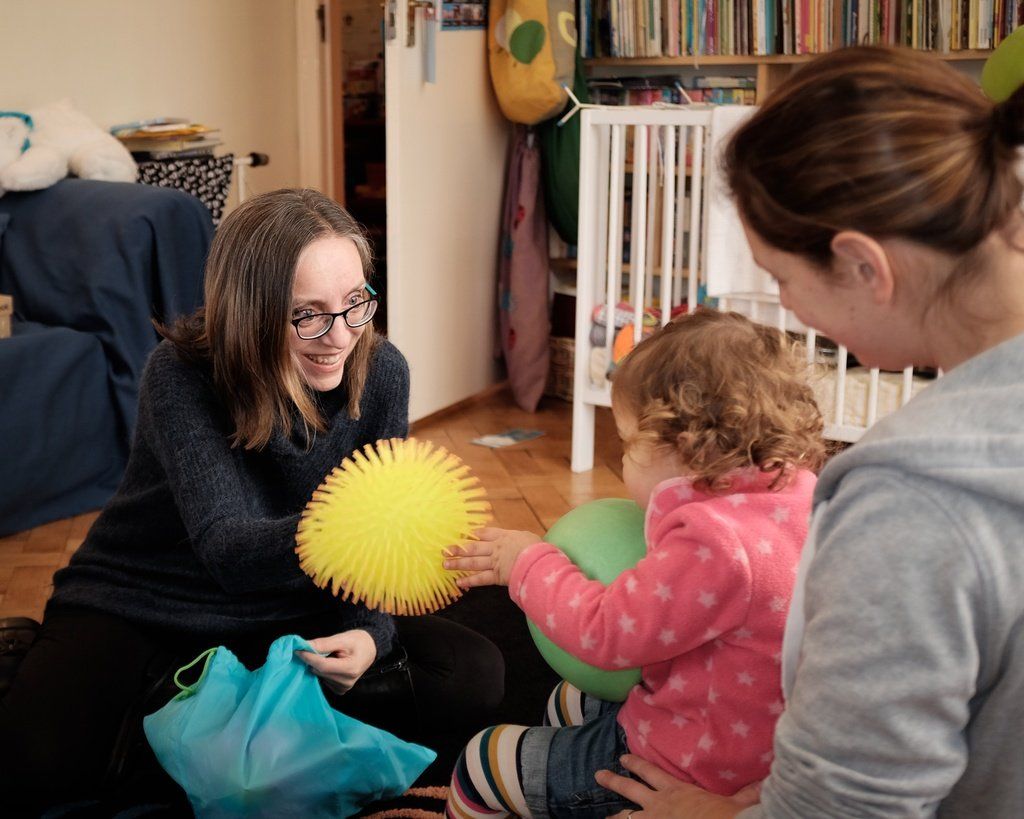
Support 2 Talk
An independent provider of speech and language therapy services
Find out more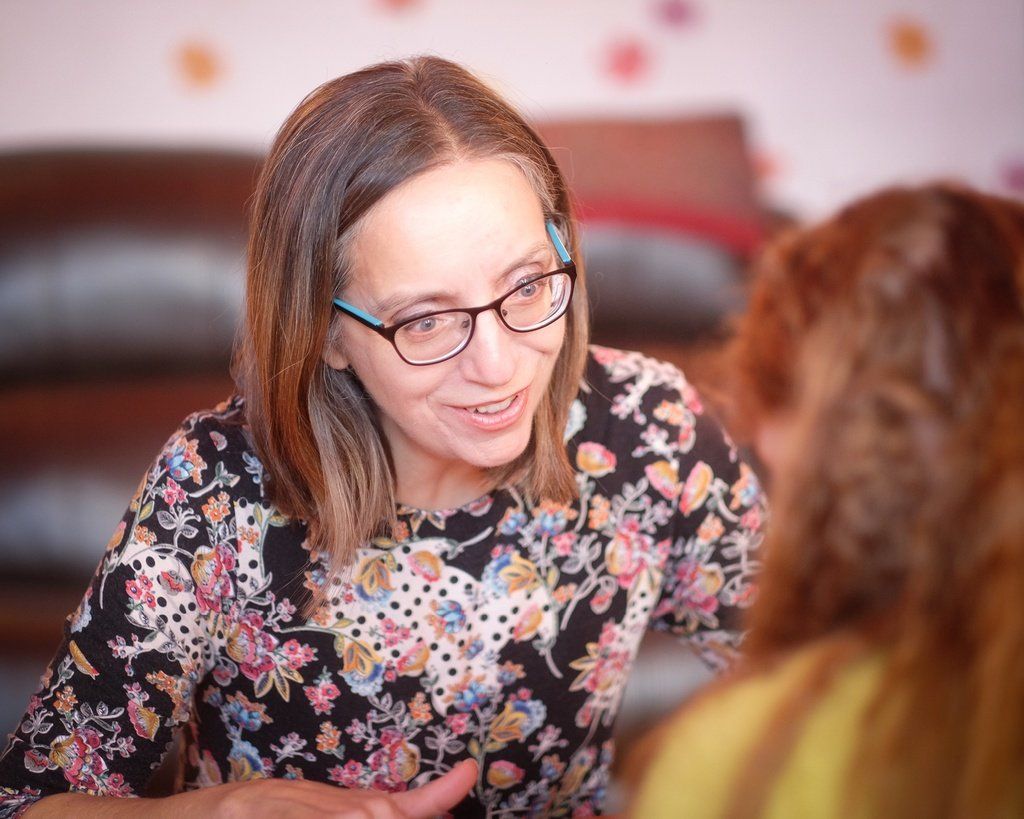
Support 2 Talk
An independent provider of speech and language therapy services
Find out more
